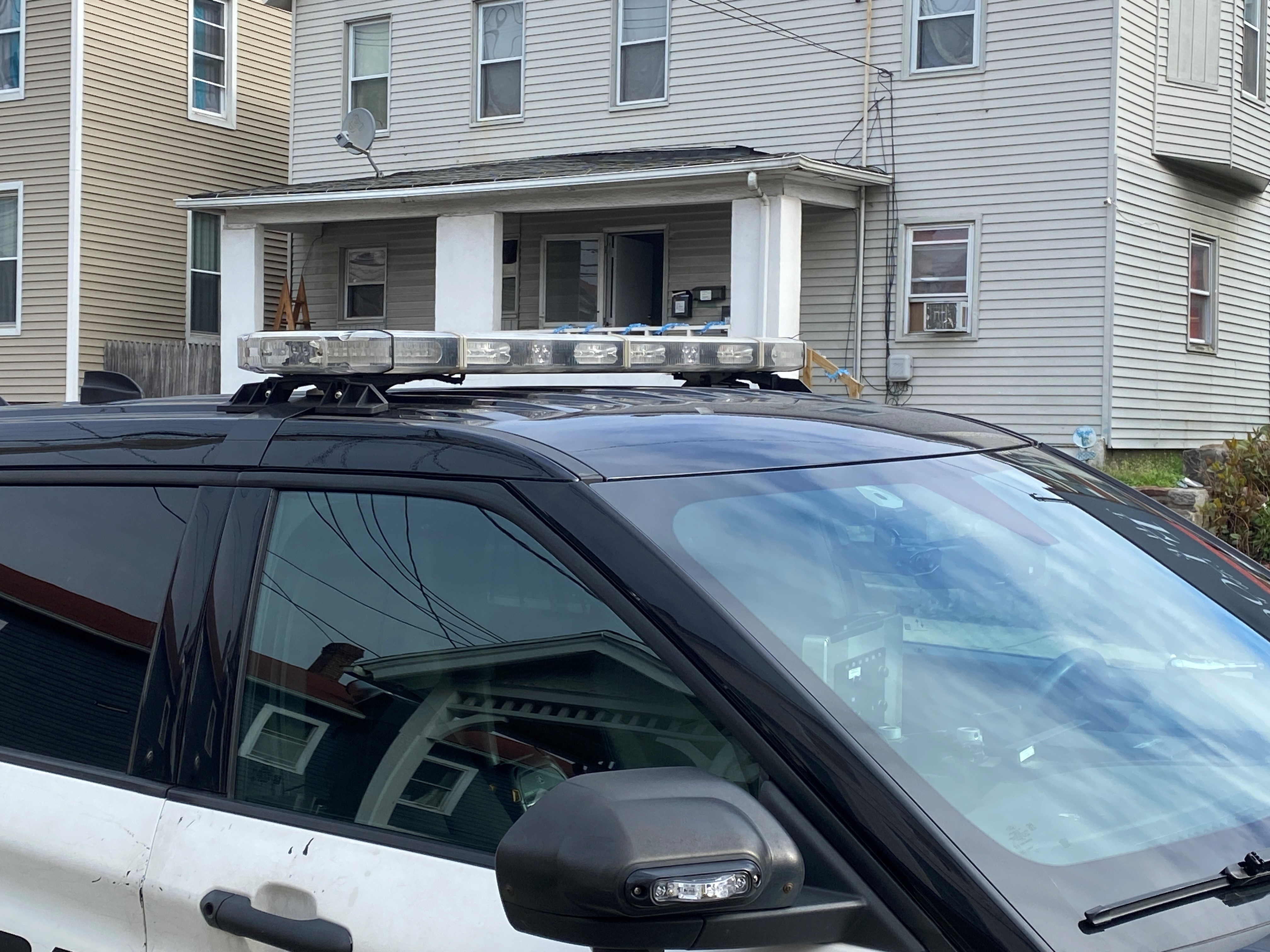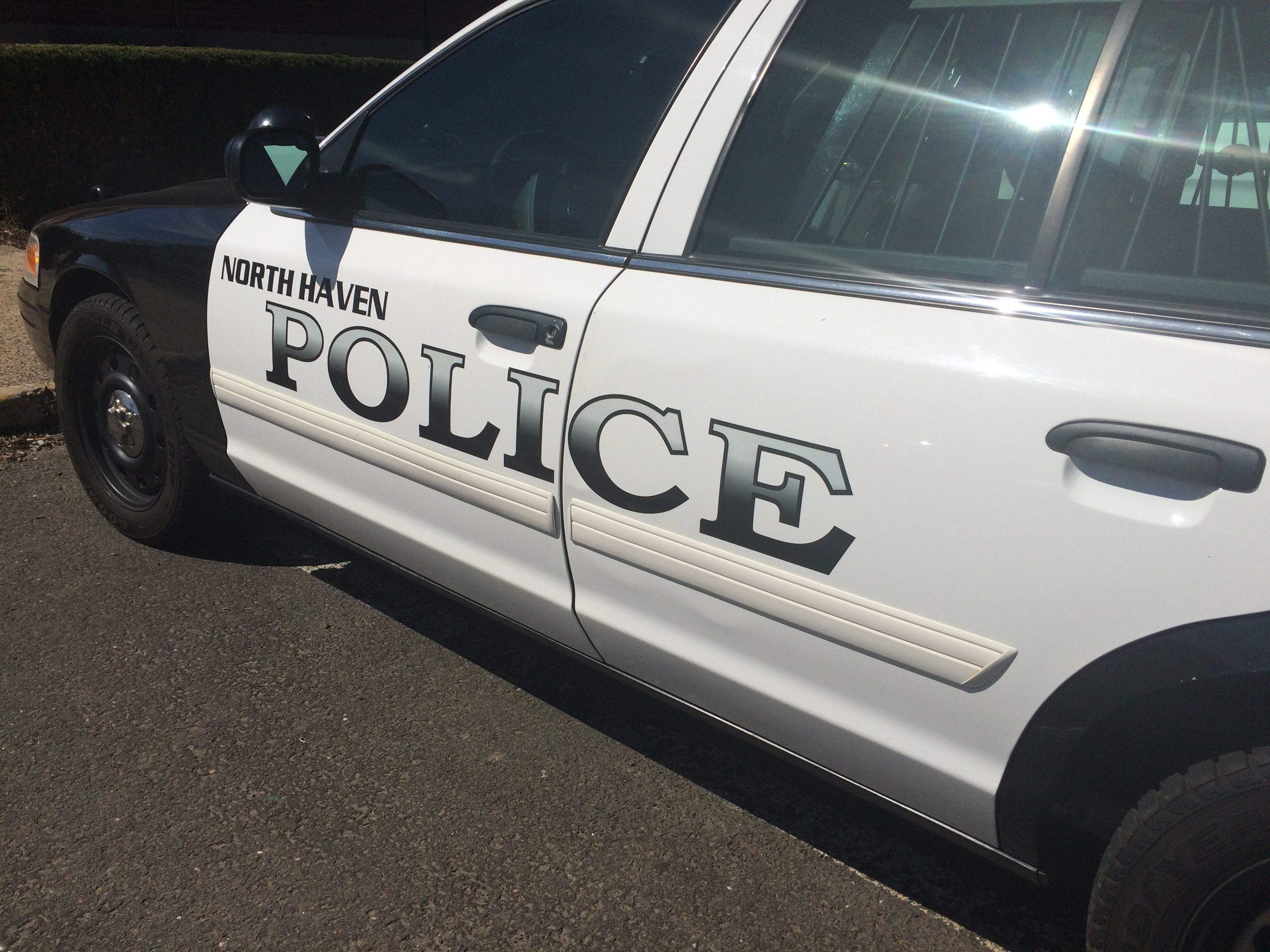Adrienne and Paul Skindzier stood in their driveway Thursday, looking up, and counted.
"Twelve," said Paul Skindzier, when he was done.
The couple was counting the amount of vultures perched on their apartment building roof.
"Not too many today," replied his wife, Adrienne.
For the third year, dozens of vultures have returned to Washington Street. The Skindziers report that on some days as many as 40 will sit on their roof.
When we were there, we saw 12 on the roof and about 20 more scattered across the next two streets, in trees and on top of houses.
"I don't know why they show up," said Adrienne. "I don't know where they come from and when they leave in March, I don't know where they go."
According to Andrew Griswold, director of EcoTravel for the Connecticut Audubon Society, it is normal for vultures to roost together in large groups.
"I have seen it before, it is not extremely unusual," said Griswold. "The neat part is that it is right by the side of a very busy road so a lot of people can enjoy the vultures."
Griswold believes that the birds are attracted to the area because of a Norway Spruce tree across the street. He guessed that the vultures roost in the tree at night and spend their days sitting on the buildings. Vultures live in Connecticut year-round.
Griswold identified both turkey vultures and black vultures in the pictures NBC Connecticut showed him. He said the birds are harmless and, in fact, help keep the streets clean. Vultures are known to eat roadkill.
Local
The Skindziers said that the vultures show up every year in late December and are usually gone by March. They do leave quite a mess behind on the roof of the building.
"Let them go someplace else for a vacation," said Paul, laughing.
The Skindziers do not like having the vultures on their building. Their friends tell them the birds are bad luck. When the vultures arrived the last two years, Paul got sick each time.
"One of our friends said, 'Oh they are back again. Is your husband alright?'," said Adrienne. Paul is feeling fine this year.
“I think they should consider themselves very lucky that they have a roosting group of vultures on their house," countered Griswold. "I would take them on my house."
Griswold said that when the vultures leave, he believes they are going to nest. His advice is to enjoy looking at the birds while people can.
"Throw a block party," said Griswold.



